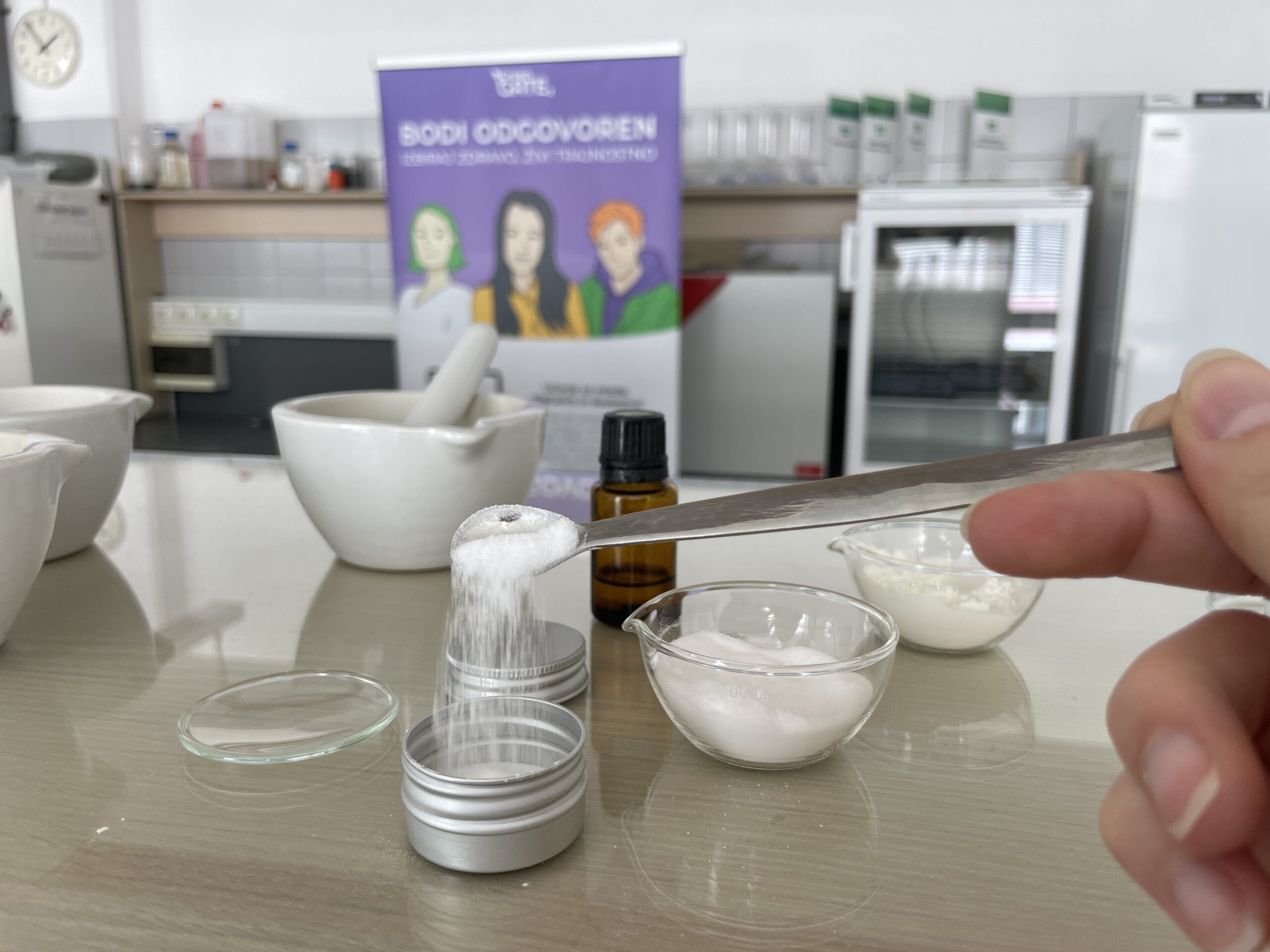Puberty is a wild ride! One day, you’re fine, and the next, your body starts doing things you never expected. Sweating too much? Feeling dizzy sometimes? Mood swings out of nowhere?
When puberty hits, your body is flooded with new hormones, and they can cause all kinds of challenges. It’s a time of major hormonal changes that can lead to both dermatological and physiological issues [1]. Dermatological problems of puberty include acne, excessive sweating, and seborrheic dermatitis, mainly due to hormonal fluctuations.
Why Do I Sweat So Much?
Ever feel like you’re sweating way more than before? Maybe your hands are damp during class, your socks are soaked, or your armpits feel wet even when it’s cold. This condition is called hyperhidrosis, and it happens when your sweat glands become overactive due to hormonal changes [2, 3]. It can be triggered by emotions like stress, heat, or sometimes for no reason at all. No matter the reason, this situation can be very uncomfortable and sometimes even embarrassing [4].
But guess what?
That’s totally normal. Many people go through the same thing during puberty. Try to remember: this is a natural process your body is going through. Feeling awkward about it is okay, but it doesn’t mean there’s anything wrong with you. You’re just growing – and your body is figuring things out, just like you are. So if you’re sweating more than usual, you’re not alone, and there’s no need to feel ashamed.
And don’t worry, you don’t need to memorize all those scientific names to feel better. What’s important is knowing how to manage the situation and make life a little easier.

Figure 1: Sweating could be very uncomfortable
What can you do?
You can start by adjusting your basic habits. And remember – chemicals aren’t always the answer!
Antiperspirants often use aluminum-based compounds to temporarily block sweat ducts. It can also contain questionable ingredients, like parabens (preservatives that may act as endocrine disruptors), phthalates (used to help fragrance stick, also hormone disruptors), or artificial fragrances that may contain dozens of unlisted chemicals. Over the last 10–20 years, people have become way more aware and cautious about what they put on their bodies. Even if the science isn’t fully conclusive, worry about aluminum’s link to cancer and Alzheimer’s [5] and also other ingredients to some health risks has created a huge demand for “cleaner” products.
Here are some natural ways to help your body adjust and feel better during puberty:
- Stay fresh naturally! Wash daily with mild soap and water. To keep your skin dry and comfortable, you can use absorbent powders like cornstarch or baking soda. However, if you have sensitive skin, you might prefer gentler options such as Aquamin Mg (magnesium hydroxide) or green clay, which are often better tolerated and still help absorb moisture and neutralize odor.
- Wear natural fabrics like cotton, bamboo, or linen, which allow your skin to breathe. Avoid synthetic materials that trap sweat!
- Avoid spicy foods and caffeine, which can trigger more sweating.
- Practice relaxation techniques like deep breathing or meditation, since stress makes sweating worse.
- Keep a sweat kit—carry extra wipes, a change of clothes, or even foot powder if needed.
- Try DIY personal care solutions you can keep in your pocket 😊
Check for some easy and quick GG2 DIY solutions:
🌿 DIY How to make deodorant for men (unisex): a fresh and Eco-Friendly solution!
🌿 DIY Apple Cider Vinegar Toner for Sweaty Areas
🌿 DIY Shoe & Foot Deodorizing Powder
We’ve tested them – they work great!

Figure 2: Looking for some natural solution for my sweaty feet. (Source: FVO)
And hey – if things ever feel too overwhelming, or the symptoms affect your daily life, don’t hesitate to talk to a trusted adult, school counselor, or a doctor. There’s no shame in getting support.
GG tip: Your body is going through a natural process, and most of these challenges get better with time. Your body is changing, not breaking.
Don’t panic over every weird thing – it’s all part of leveling up. Stay curious, take care of yourself, and ask questions when something feels off.
💚 And hey – try something natural! You probably already have some simple, powerful stuff at home. It’s quick to make, easy to use, and – surprise – it actually works.
If you’re also curious about tackling acne during puberty, don’t miss Part II: About Acne – check out the info-packed blog at the link! And for even more insights, join the lesson “Dealing with Problematic Skin” & and read the eye-opening interview “The word of a dermatologist – problematic teen skin”.
Sources:
- Bergler-Czop B, Brzezińska-Wcisło L (2013): Dermatological problems of the puberty. Advances in Dermatology and Allergology, 3: 178–187; DOI: 10.5114/pdia.2013.35621.
- Bohaty BR, Hebert AA (2014): Special considerations for children with hyperhidrosis. Dermatologic Clinics, 32(4):477-84. DOI: 10.1016/j.det.2014.06.005.
- Wei-Jun F, Cohen NM (1979): Excessive sweating in an apparently normal teenager. Pediatrics, 64(5): 698; DOI: https://doi.org/10.1542/peds.64.5.698.
- Altman RS, Schwartz RA (2002): Emotionally induced hyperhidrosis. Pediatric Dermatology, 69(5): 336-8.
- Klotz K, Weistenhöfer W, Neff F, Hartwig A, van Thriel C, Drexler H (2017): The Health Effects of Aluminum Exposure. Deutsches Ärzteblatt International, 114: 653–9; DOI: https://doi.org/10.3238/arztebl.2017.0653


0 Comments